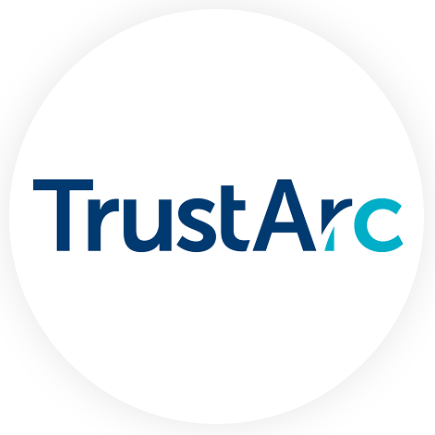In this post-COVID era, adults, teenagers and children alike are online more than ever—working from home, schooling from home and everything in between. This has led to an increase in those of us most vulnerable to be targeted and exploited online. In 2020, the National Center for Missing and Exploited Children (NCMEC) reported a record-breaking 97.5% increase in online enticement reports.
I am a mom of two who is always trying to stay on top of what my children are exposed to; it is a constant source of anxiety. What parent doesn’t worry? Due to schooling changes from COVID, my 7-year old son has had much more access to technology and the internet, both at home and at school. He is also now one of the statistics mentioned previously. In order to protect him, I will not spare the specific details of what happened. However, I will share what I have learned in the process in the hopes that if it helps just one child, it is worth it.
Student Safety
Students and teachers are deep into the new school year. More and more children and teenagers are online and on a device to complete schoolwork, and may not be closely supervised. Just as we teach our children about looking before crossing the street or that they need a seatbelt when riding in a vehicle, we must continue to educate our children about how to behave with technology. Tips and guidelines to share with the students in your life should include:
Basic device safety and care, including how to create strong passwords, to log off before stepping away and to shut down when not in use.
When online, never share personal information, including home addresses, phone numbers, school names, traveling plans or locations.
Only communicate with those who the child and parent already know and have approved.
Always make sure parents know what screen names and passwords the child uses.
Never respond or click on an email, post or text message that is from someone they don’t know.
Immediately tell a parent or trusted adult about any online activity or communication with someone they don’t know, or if someone said or posted something that made them uncomfortable.
Internet Safety
It is important to know that while there are safeguards in place in some online areas, they are not foolproof. For example, the Children’s Online Privacy Protection Act (COPPA) was designed to protect those younger than 13 when they are online. It is meant to prevent anyone—or any company—from getting a child’s personal information without a caregiver knowing and agreeing to it first. Children who are motivated to gain access to a site can simply check an older age, with little verification needed. By installing programs and tools on all devices that your student uses, for both school and personal use, you can restrict access to sites and content you deem unsafe for them. These programs can also let you monitor screen time and activities. NerdsToGo has resources and turnkey software packages that can provide needed protection. For school-issued devices, check in with the school administrator to learn more about the types of filters in place.
Device Safety
To keep student’s laptops and devices protected from malware, bugs and other threats, check that security software is installed. This will help prevent children from unintentionally downloading harmful items. With school-issued machines, the laptop or tablet should have some antivirus protection in place. Students often use personal devices to complete assignments and homework outside of school. Do routine checkups on these to ensure security software is in place and that updates are running on schedule. For those students taking any school-provided devices home, it is important to make sure your kids are following all school district rules and decorum when in use.
Safety Year-Round
Keeping your children and teenagers safe while online and on devices is a constant and ever-changing challenge. Technology and the internet provides many benefits and opportunities for students to learn. It can also be a risky place. With more access than ever, trying to protect our children is a high priority, but it doesn’t have to be daunting. Keep the right protections in place and regularly communicate the importance of safety to your children. NerdsToGo offers a Study-at-Home Technology package for all students to help with the growing demands on parents and school administrators when it comes to online learning and studying. We can put software in place that allows for constant monitoring of device and online activity, while blocking undesirable sites and content.
For help putting safety precautions in place and assessing the machines in your home, contact NerdsToGo. Our team can provide a Safety and Security Center that can help protect the students in your life while they are online. Our Nerds are on call and ready to back you up.
To read more information on these important topics, visit https://www.consumer.ftc.gov/topics/protecting-kids-online.



